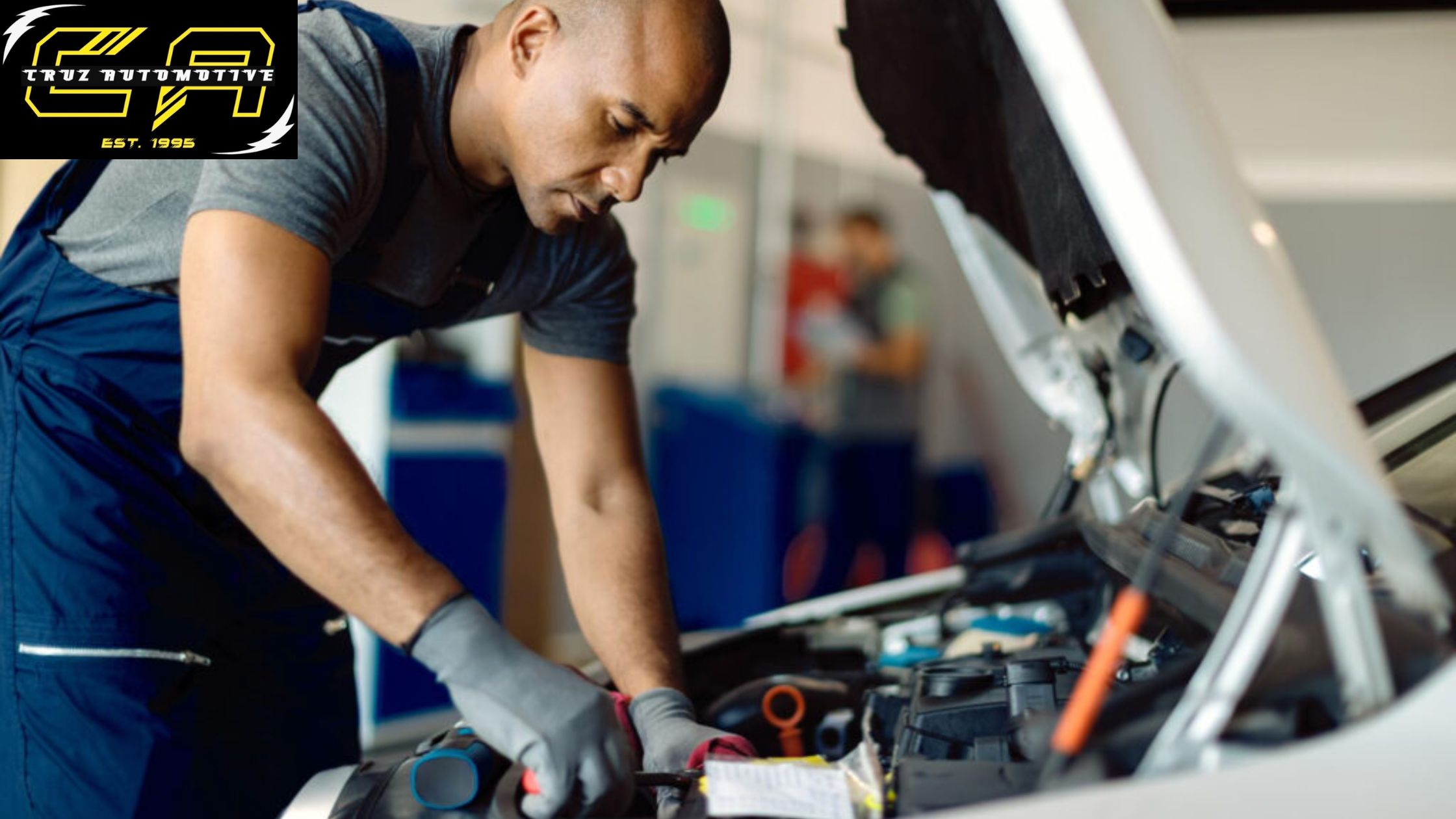
A coolant leak is a serious issue that can lead to overheating, engine damage, and costly repairs. If you notice a puddle of brightly colored liquid under your car, it’s essential to address the problem quickly. Understanding the common causes of coolant leaks can help you take the right steps toward fixing the issue.
Common Causes of Coolant Leaks
1. Damaged or Worn-Out Radiator
The radiator plays a crucial role in cooling your engine, but over time, it can develop leaks due to corrosion, cracks, or physical damage. When this happens, coolant may escape, reducing the system’s efficiency and increasing the risk of overheating. Regular maintenance and inspections can help detect early signs of wear before they become a major issue.
2. Faulty Radiator Cap
A radiator cap is designed to maintain pressure in the cooling system, preventing the coolant from boiling over. However, if the cap is damaged or loose, it can lead to coolant loss. Replacing a faulty radiator cap is an easy and inexpensive fix that can prevent further leakage.
3. Cracked or Worn Hoses
Coolant flows through various hoses to regulate engine temperature. These hoses are exposed to heat and pressure, which can cause them to crack or become loose over time. Checking for soft spots, bulges, or visible leaks in the hoses can help identify potential issues before they worsen.
4. Blown Head Gasket
A head gasket failure is one of the most severe causes of coolant leaks. When the head gasket blows, coolant can leak into the engine, leading to overheating and white smoke from the exhaust. This issue requires immediate attention, as it can cause significant engine damage if not addressed promptly.
5. Failing Water Pump
The water pump circulates coolant through the engine. A malfunctioning water pump, whether due to wear and tear or a damaged gasket, can lead to leaks and insufficient cooling. If you hear a whining noise or see coolant pooling near the front of your engine, it may be time to replace the water pump.
6. Leaky Heater Core
The heater core helps regulate cabin temperature by using hot coolant to generate warmth. A damaged heater core can cause coolant leaks inside the car, leading to a sweet smell in the cabin, foggy windows, and wet spots on the passenger-side floor.
How to Fix Coolant Leaks
Inspect and Replace Faulty Components
Regular inspections of the radiator, hoses, and water pump can help identify leaks early. If you notice any signs of wear or damage, replacing these components can prevent further coolant loss and potential overheating.
Use a Cooling System Sealant
For minor leaks, a cooling system sealant can be a temporary fix. These products work by sealing small cracks and holes in the radiator, hoses, or gaskets. However, they are not a long-term solution and should be used with caution.
Flush and Refill the Coolant
Old or contaminated coolant can contribute to leaks and corrosion. A coolant flush helps remove debris, rust, and buildup from the cooling system, ensuring it functions efficiently. Refill the system with the manufacturer-recommended coolant to maintain optimal performance.
Seek Professional Repair Services
While some minor leaks can be handled at home, more severe issues require professional attention. Expert technicians can perform a thorough inspection, pinpoint the exact cause of the leak, and provide the necessary repairs. Services such asauto cooling system repair in Holland can help restore your vehicle’s cooling efficiency and prevent further damage.
Preventing Future Coolant Leaks
To avoid recurring coolant leaks, follow these preventive measures:
- Regularly check coolant levels and inspect for leaks.
- Maintain proper radiator and cooling system maintenance.
- Replace worn-out components before they fail.
- Schedule routine inspections with a professional mechanic.
Don't let a coolant leak leave you stranded—fix it before it overheats your ride!
Coolant leaks can lead to serious engine problems if left unchecked. By identifying the cause and taking the necessary steps to fix the issue, you can ensure your vehicle remains in top condition. If you're experiencing a coolant leak and need expert assistance, consider professional coolant leaks repair in Holland to get your car back on the road safely. For reliable repair services, Cruz Automotive offers expert diagnostics and solutions to keep your cooling system functioning properly.

 SURVEY
How Did You Hear About Us?
SURVEY
How Did You Hear About Us?





























Comments